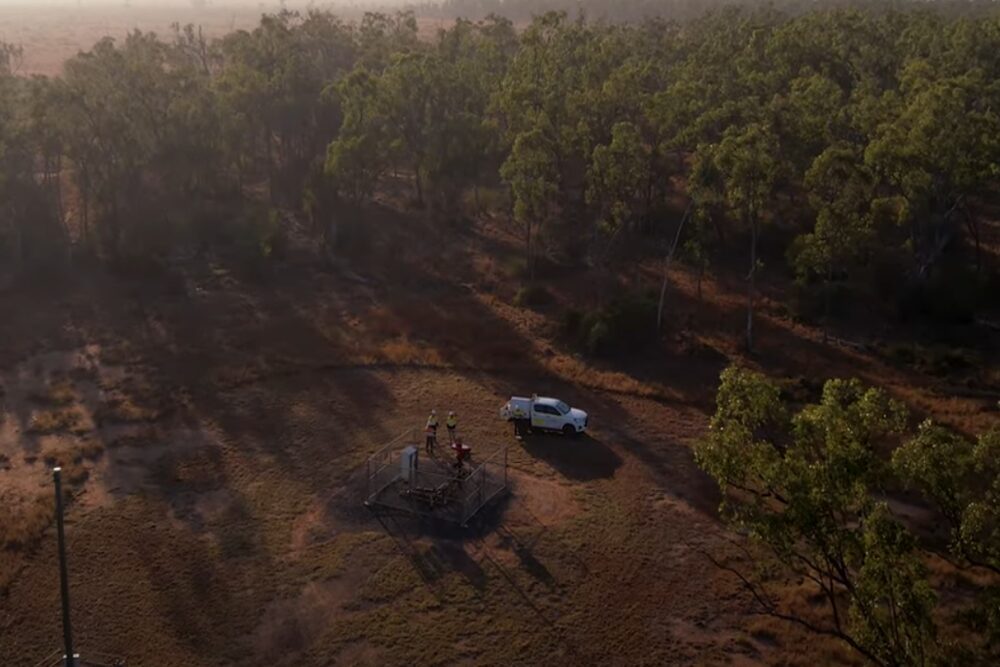
Woodside Energy recently released its financial report for the first quarter of 2024, revealing a 7 per cent decrease in quarterly production and a 12 per cent drop in revenue compared to the previous quarter.
The company reported a quarterly production of 44.9 million barrels of oil equivalent (MMboe), averaging 494 thousand barrels of oil equivalent per day (Mboe/day).
This decline was attributed to lower production at several key assets, including Bass Strait, Pyrenees, and Pluto, partially offset by increased production at the Mad Dog Phase 2 project.
Woodside’s revenue for Q1 2024 was reported at US$2.969 billion, down from the previous quarter.
The decrease in revenue was primarily due to a combination of lower realised prices and reduced production volumes.
Despite the challenges, Woodside highlighted several positive developments in its major growth projects and new energy initiatives.
The company completed the piloting of its Field Leadership Program, aimed at improving health, safety, and environmental risk controls.
Woodside also continued its engagement with First Nations communities in Australia regarding current and future regulatory approvals.
In other news, Woodside announced the retirement of Frank Cooper, Chair of the Audit & Risk Committee, effective from the company’s Annual General Meeting on 24 April 2024.
Ben Wyatt will take over as the new Chair of the Audit & Risk Committee.
Woodside CEO Meg O’Neill expressed optimism about the company’s performance, noting that despite the challenges, significant progress was made on their major growth projects.
She highlighted that commissioning activities are now underway at the Sangomar project in Senegal, on track for the first oil production to commence in mid-2024.
Additionally, progress continues on the Scarborough Energy Project and the Pluto Train 2 project, which are both 62 per cent complete and targeting the first LNG cargo in 2026.
Woodside’s full-year production guidance remains at 185-195 million barrels of oil equivalent.
The company continues to focus on its strategy to thrive through the energy transition, with a strong emphasis on sustainability and stakeholder engagement.









